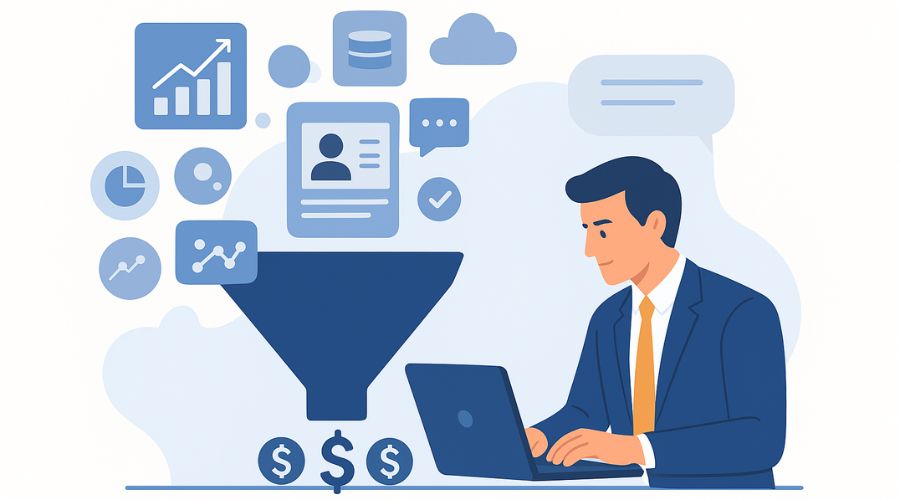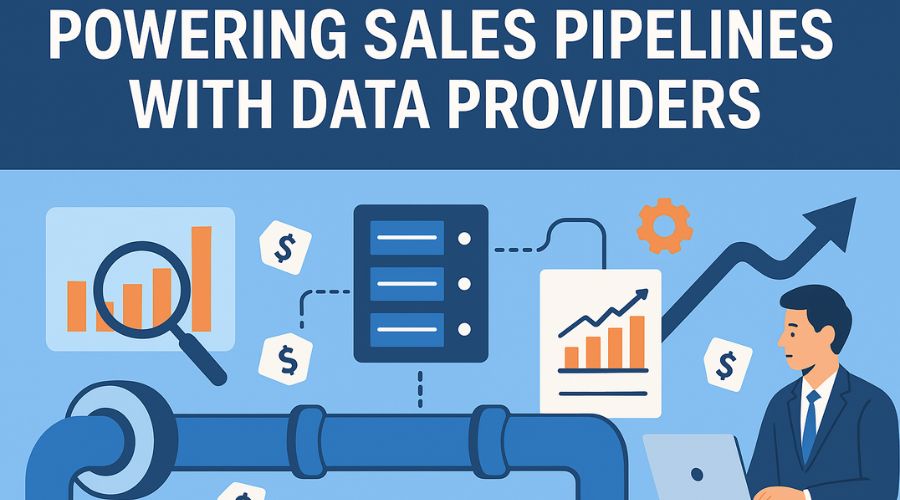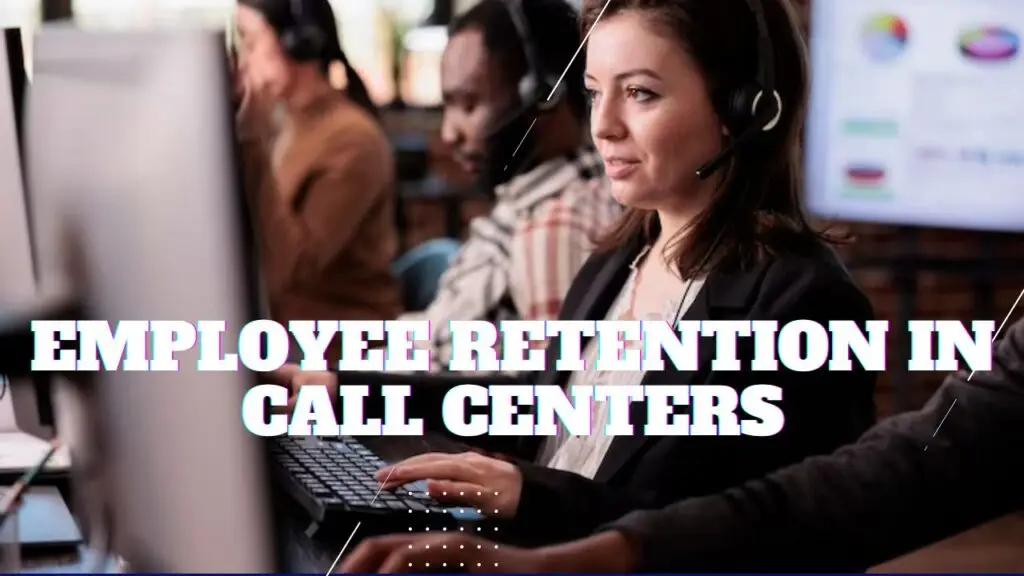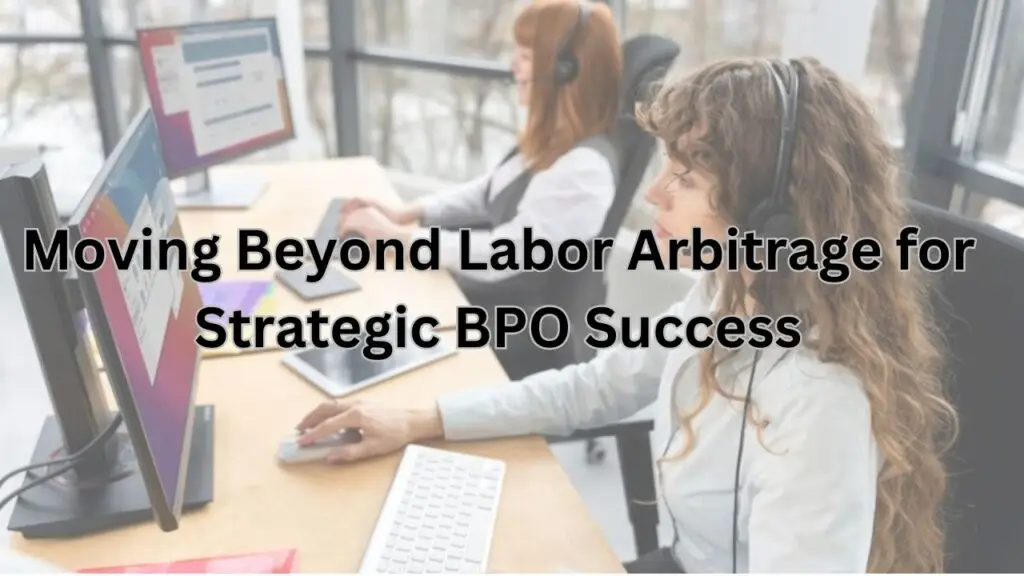The proper operation of the sales pipeline depends on the availability of accurate, effective, and focused data. The businesses that seek to optimize their reach and realize higher conversion rates are turning more and more towards the data providers. These organizations provide validated and verified contact information, firmographic information, and other vital information that assist businesses in concentrating their efforts on lead opportunities. With the appropriate data, lead quality may be increased, and the efficiency of the whole sales team will be improved.
Table of Contents
Understanding Data Providers
A data provider is a firm or service that gathers, validates, and disseminates marketing and sales data of businesses or consumers. The information they provide may contain both email addresses and phone numbers, job titles, and company information, among others.
Types of Data Providers
- B2B Data Providers: Provide business-to-business contact data, firmographics, and company data.
- B2C Database Providers: Provide contact information on consumers to do a targeted marketing campaign.
- Vendors of Leads: Are lists of potential leads that are already vetted, so sales teams can focus on their media outreach efforts.
How Data Providers Support Sales Pipelines
Sales pipelines are made up of various phases, starting with the identification of a lead, all the way through to closing a deal. Good data will help in every step in the following ways:
- Determining proper prospects to target.
- Providing confirmed contact details on outreach.
- Offering a bit of advice about the company size, industry, or buying indicators.
- Facilitating focused marketing strategies that minimize wastage of efforts.
It is also important to have a credible data providers to make the sales teams spend their time on the right audience and not in running down unqualified leads.
Key Features to Look for in a Data Vendor
In selecting a data vendor, the data obtained is determined by a number of factors:
- Precision: The data is to be checked and updated on a regular basis.
- Recency: The data should capture up-to-date contact information and business.
- Segmentation: The capability of filtering and segmenting information based on industry, region or the size of the company.
- Compliance: The data must adhere to privacy laws like GDPR or CCPA.
Benefits of Using a B2B Data Provider
Collaboration with a B2B data provider would enhance business performance at various fronts:
- Improve the Lead Quality: Attend to leads that are most likely to convert.
- Effective Targeting: Save on time wastage on unqualified leads.
- Earlier Sales Cycles: Rapid access to useful information makes it possible to engage faster.
- Cost-Effective Campaigns: Making sure that you spend the resources that you have wisely by ensuring specific contact lists.
Common Challenges When Working with Data Providers
Although data providers contribute to a positive experience, companies might run into difficulty:
- Old Data: Even the data that is verified may become outdated with time.
- Integration Problems: Third-party data integration with internal CRM solutions could be technically involved.
- Multiple Vendors: There are chances of multiple data vendors that could result in duplication of records or inconsistencies.
Best Practices for Maximizing Data Provider Value
Businesses are encouraged to practice the following to achieve maximum benefits from a data provider:
- Confirm the accuracy of data prior to outreach.
- Clean and refresh internal databases on a regular basis.
- Use analytics to improve targeting and lead behavior.
- Be in accordance with all privacy and regulations.
How to Select the Right Data Provider for Your Business
To select an appropriate data providers, it is necessary to pay special attention to the following:
- Determine the credibility of vendors and customer reviews.
- Align business needs with information services.
- Compare prices, models, subscriptions, and frequency of updates.
- Make provisions for customer support and integration capabilities.

Frequently Asked Questions
What is the difference between a B2B and B2C data provider
A B2B data provider pays attention to business contacts and firmographics, as well as company insights. A B2C data provider provides information to consumers used in marketing.
Which frequency of updating data is to be used?
The information should also be updated regularly, say after every couple of months, to ensure accuracy and reliability.
Are data providers able to boost the lead conversion rates?
Yes, authenticated and segmented data will guide the sales force to the appropriate prospects with a high probability of conversion.
Compliant with privacy rules among data providers?
Established suppliers are able to guarantee that they adhere to all required rules, including the GDPR and CCPA, which minimizes liability to companies.
Conclusion
Data suppliers are key drivers of sales pipes. Providing verified, segmented, and current contact data, these providers will allow businesses to target high-potential leads, enhance their targeting, and lead to a higher level of efficiency. The proper selection of the data provider and the adoption of the best practice can lead to a substantial increase in the quality of leads, a decrease in the sales period, and optimized business activities.



